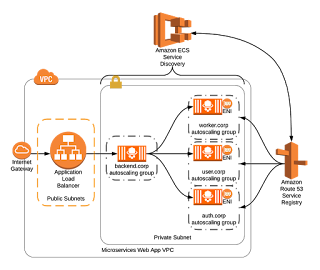INTRODUCTION TO COULD COMPUTING
Cloud computing is a catchword that means different things to different people. For some, its just another way of describing IT(information technology) “contract out”, other use it to mean any computing services provided over the internet ora related network; and some define it as any bought-in computer services you use that sits outside your firewall. However, we define cloud computing, there’sno doubt it makes the most sense when we stop talking about abstract definitions and look at some simple, real example-so let’s do just that.

SIX Advantages of Cloud Computing:
- Trade capital expense for variable expense – Instead of having to participate heavily in
data centers and servers before you know how you’re going to use them, you
can pay only when you consume computing resources, and pay only for how
much you consume.
- Benefit from massive economies of scale – By using cloud computing, you can achieve a
lower variable cost than you can get on your own. Because of usage from
hundreds of thousands of customers are aggregated in the cloud, providers
such as AWS can achieve higher economies of scale, which translates into
lower pay-as-you-go prices.
- Stop guessing capacity – Eliminate guessing on your infrastructure
capacity needs. When you make a capacity decision prior to deploying an application, you often end up either sitting on expensive idle resources or dealing with limited capacity. With cloud computing, these problems go away. You can access as much or as little capability as you need, and
scale up and down as required with only a few minutes’ notices.
- Increase speed and agility – In a cloud computing environment, new IT resources are only a click away, which means that you reduce the time to make those resources available to your developers from weeks to just minutes. This results in a dramatic increase in agility for the organization since the cost and time it takes to experiment and develop is significantly lower.
- Stop spending money running and maintaining data centers – Focus on projects that separate your business, not the infrastructure. Cloud computing lets you focus on your own customers, rather than on the heavy lifting of racking, stacking,
and powering servers.



Comments
Post a Comment